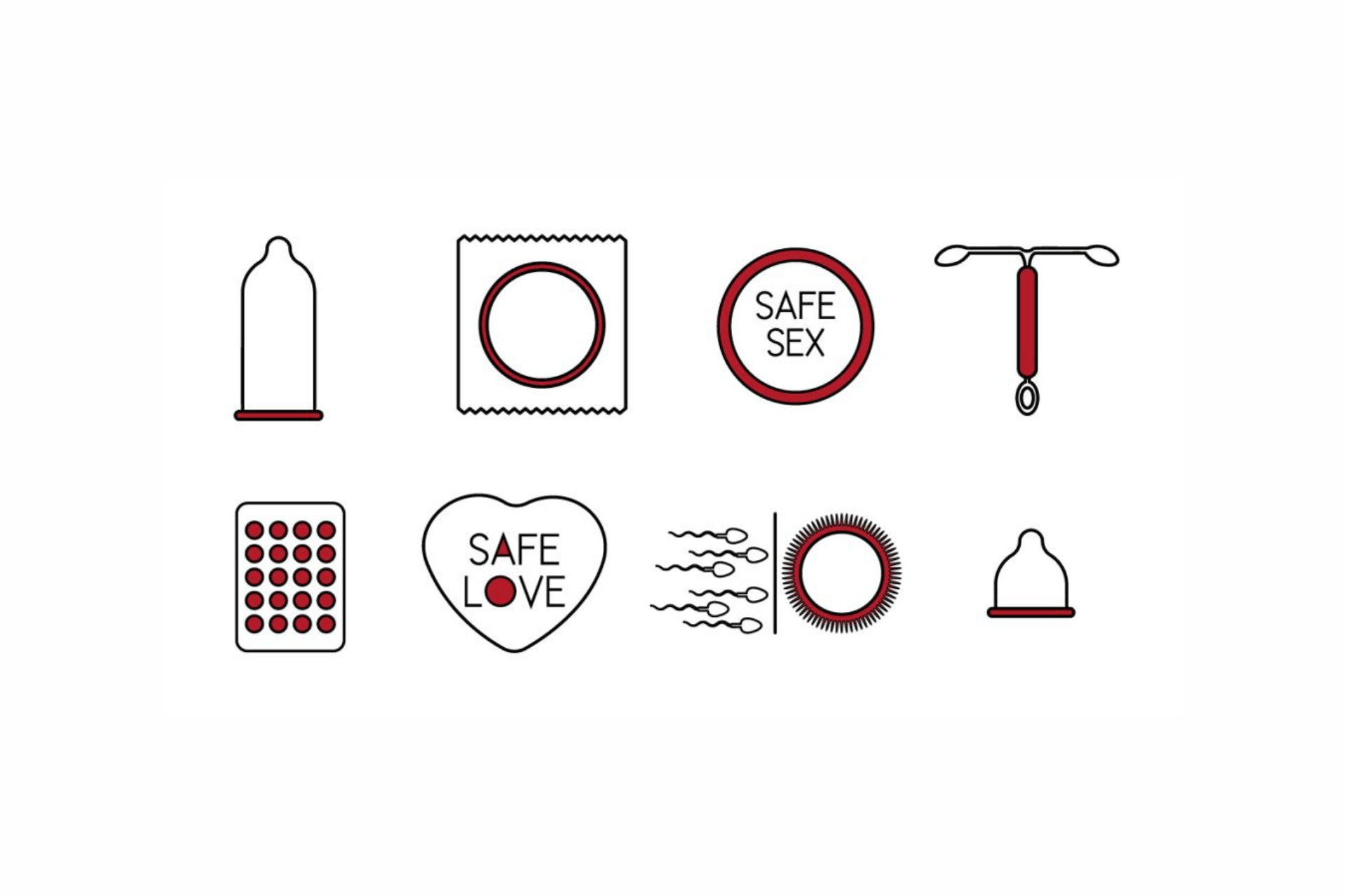Sex and reproduction are two separate yet related terms that have crucial and in-depth individual meanings and interpretations but are never interchangeable. Sex and/or sexuality is a broader term that encompasses one’s sexual identification and predilections for sexual partners to fulfill their sexual needs, whereas reproduction focuses only on producing offspring and perpetuating life, which may or may not involve sex or coitus.
Sexual and reproductive health is as equally important as any aspect of health.
The term ‘sexual and reproductive health rights’ can be defined as a person’s right to a healthy body and the autonomy, education and healthcare to freely decide who to have sex with and how to avoid sexually transmitted infections or unintended pregnancy. Sexual health is an integral part of overall health and well-being, ensuring everyone can have pleasurable and safe sexual experiences, free of coercion, discrimination or health risks.
Access to sexual and reproductive health services enables people to exercise this right. It can take the form of medical care related to the reproductive system, for example, to treat a sexually transmitted infection, or the facilitation of reproductive autonomy with the provision of contraception and abortion care.
A further interpretation includes access to sex education, access to safe, effective, affordable and acceptable methods of birth control, as well as access to appropriate health care services. As the ability of women to go safely through pregnancy and childbirth could provide couples with the best chance of having a healthy infant.
Individuals face inequalities in reproductive health services. These inequalities are influenced by factors such as socioeconomic status, educational attainment, age, ethnicity, religion, and the availability of resources within their environment. Additionally, disparities are particularly prevalent within the LGBTQ+ community, where individuals' sexual orientations and preferences impact their access to and quality of reproductive health services. It is noteworthy that low-income individuals, in particular, may encounter barriers in accessing suitable healthcare services and may also lack the necessary knowledge to effectively maintain their reproductive health.
When it comes to the binding factor between sex and reproduction, couples/ sexual partners can choose and decide for themselves whether or not they want to involve sex to reproduce or even not to reproduce at all.
The LGBTQIA+ community is deprived of both sexual and reproductive health care services in most developing nations and is suffering from its consequences mainly physical (sexually transmitted infections, HIV, fistulas, hemorrhoids etc) and psychological (depression,sexual frustration, anxiety, addictive disorders etc).
The other and most important aspects of SRH is sex reassignment surgery and fertility medicine. Members of the LGBTQ+ community should be able to have the access for sex reassignment surgeries and be provided with their reproductive rights at the fertility clinic including surrogacy, in vitro fertilization and adoption which play critical roles in a person’s physical and psychosocial health.




